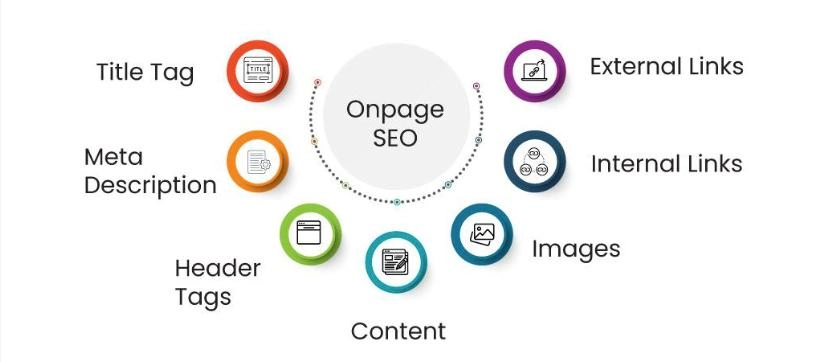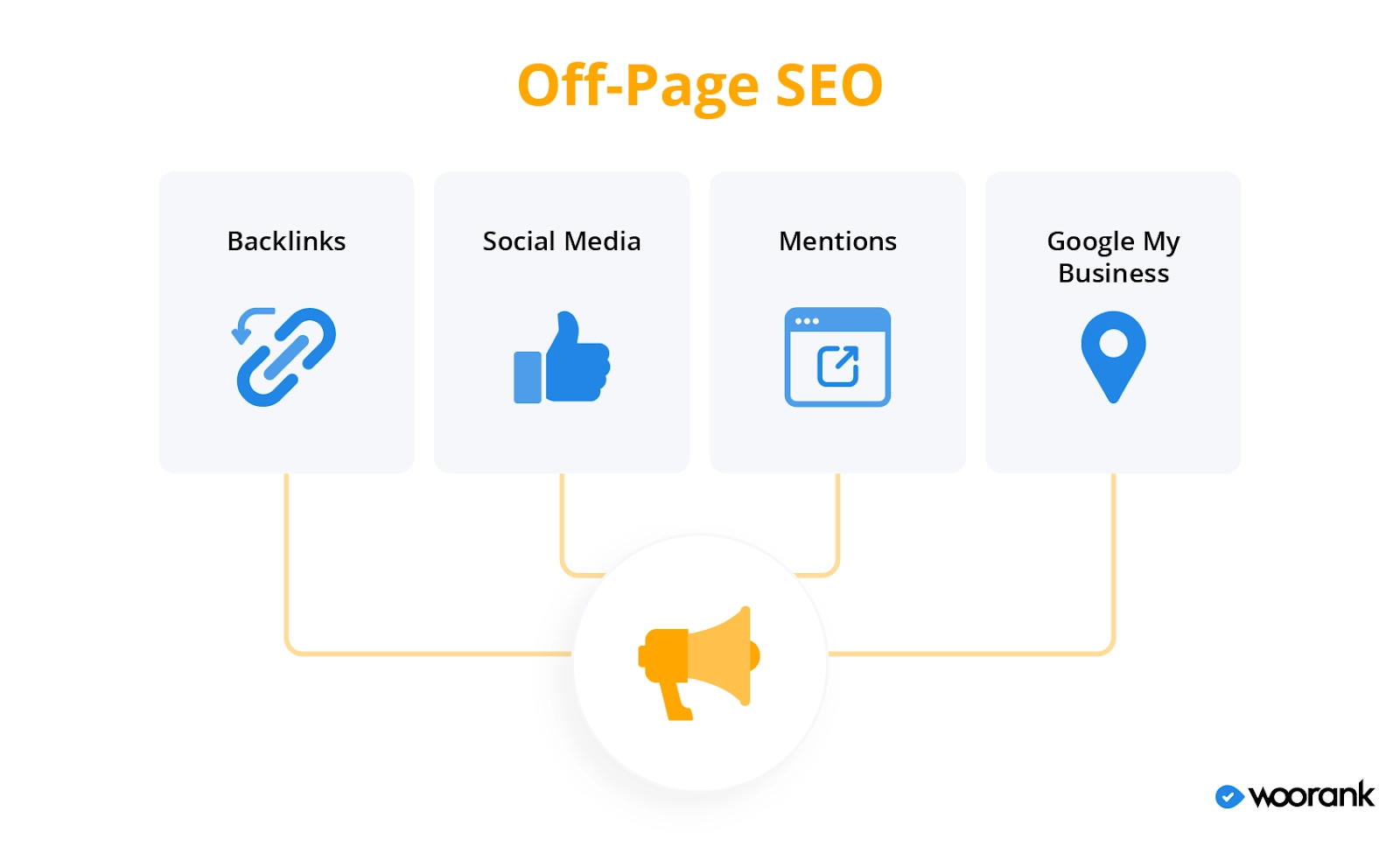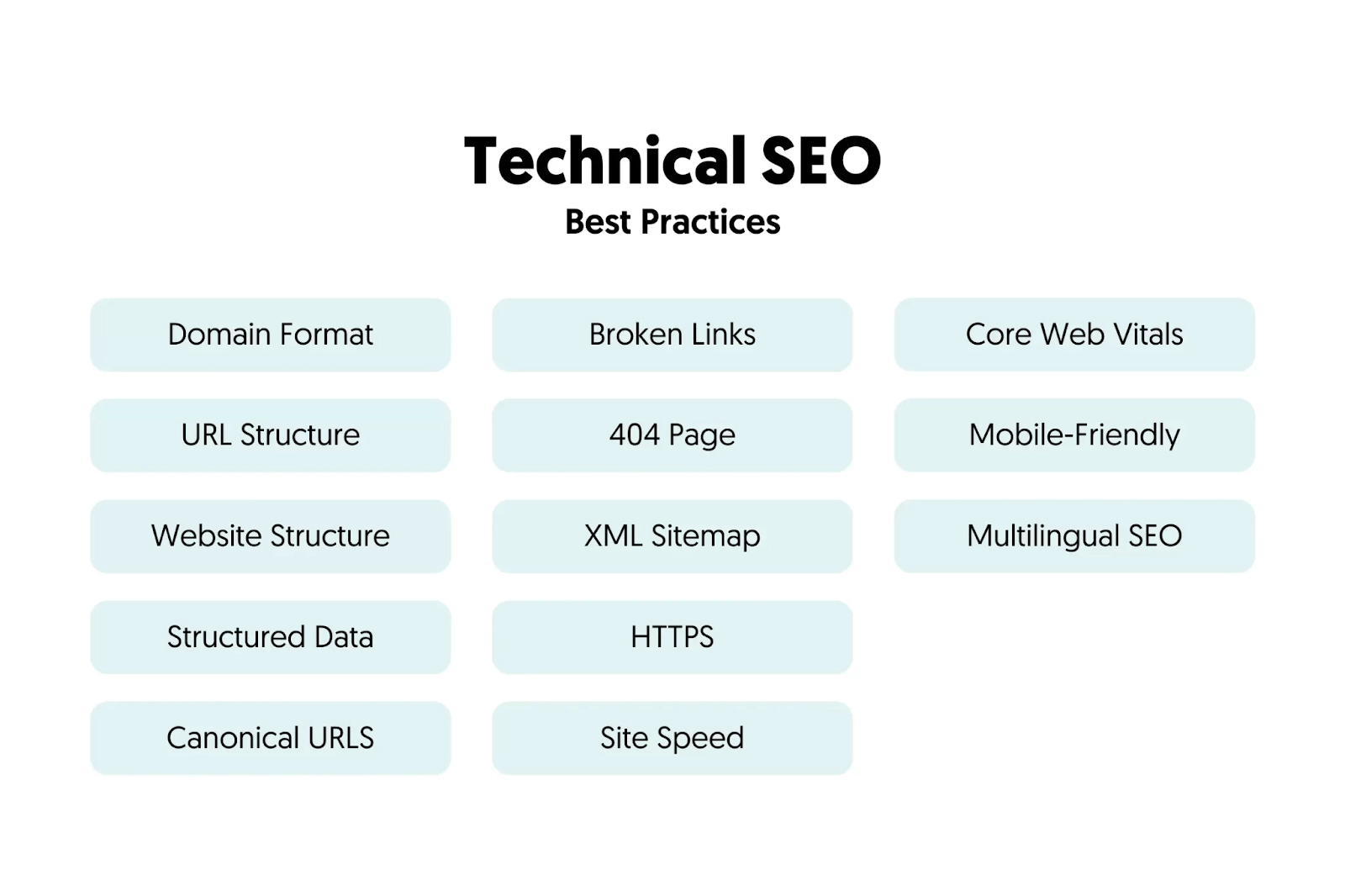Understanding Organic Search
Imagine you’re trying to find a new restaurant in your city. You’d probably open your favorite search engine and type something like “best French restaurants in Texas.” The results that appear at the top of the page aren’t there by chance; they’ve been carefully ranked based on a complex set of factors. That’s what organic search is all about.
Organic search, in simple terms, is the process of optimizing your website to appear naturally high in search engine results pages (SERPs) when someone searches for relevant keywords. It’s like being the top-rated restaurant on a food delivery app – more people are likely to see and choose you.
But how do search engines decide which websites to rank higher? They use sophisticated algorithms that consider a variety of factors, including:
On-Page SEO

This refers to optimizing the content and structure of your website itself. Think of it like making your restaurant’s menu look appealing and informative. Key elements include keyword optimization, meta tags, and user-friendly content.
Off-Page SEO

This involves building relationships and authority outside of your website. Imagine getting positive reviews and recommendations from food critics and other diners. Backlinks, social media signals, and local citations are important factors here.
Technical SEO

This ensures your website is technically sound and easy for search engines to understand. It’s like making sure your restaurant’s kitchen is efficient and well-equipped. Factors include website speed, mobile-friendliness, and XML sitemaps.
Competitor Analysis
In organic search, knowing who you are competing against is very essential. It’s like studying your rival restaurant located in your region and analyzing their strengths, weaknesses, and unique selling points.
Analyzing your competition will lead you to discover methods on how to develop your own website and be ahead of them. Here are some key steps to conduct a thorough competitor analysis.
Identify your Key Competitors
Who are the other businesses in your industry that are targeting the same audience as you? This could include organic search competitors that offer the same products or services, as well as indirect ones that cater to a similar target market.
Analyze Their Organic Search Performance
Use tools like Google Search Console, SEMrush, or Ahrefs to track your organic competitors’ rank, traffic, and backlink profiles. You can also create an in-depth organic research report on your competitors through these tools. This will give you insights into the keywords they’re dominating and how they’re building their online authority.
Evaluate Their Content and SEO Strategy
What kind of content are your organic research competitors creating? Is it high-quality, informative, and engaging? Are they using visuals, videos, or other multimedia elements? Analyze their content to identify gaps and opportunities for your own content and SEO strategy.
Assess Their Social Media Presence
How active are your organic competitors on social media? Which platforms are they using most effectively? Are they engaging with their audience and building a community? Social media can be a powerful tool for driving organic search traffic, so it’s important to monitor your competitors’ activity.
Benchmark Your Performance
Compare your website’s performance to your top competitors in terms of keyword rankings, traffic, and other key metrics. This will help you identify areas where you’re falling short and where you can improve.
Improve Organic Search Ranking
Once you’ve analyzed your competitors and identified areas for improvement, it’s time to implement strategies to boost your organic search rankings. Here are some key tactics to consider.
Keyword Research and Optimization
To improve your organic search ranking, it’s essential to understand the organic keywords your target audience is using. Conduct thorough keyword research to identify relevant terms and phrases that potential customers are typing into search engines. Leverage tools like Google Keyword Planner, SEMrush, or Ahrefs to discover common keywords in your industry.
Once you’ve identified your target keywords, incorporate them strategically into your website content, which includes titles, headings, meta descriptions, and body text. Remember to use keywords naturally and avoid keyword stuffing, which can harm your rankings. Also, consider targeting long-tail keywords, which are more specific and often have lower competition.
Content Creation and Optimization
Always prefer creating high-quality content. From a comprehensive blog to a short landing page, each of your content pieces should be valuable, engaging, and fulfill the search intent. Optimization is another key point. Not every page stays fresh forever. Keep on optimizing your outdated content to offer the latest information to the users. Search engines hate outdated pages, so that’s another reason to keep your content up to date.
But while creating and optimizing your content, employ all those best practices that make your content more engaging and strong. You can use visuals, media, and other elements that break the monotony of the text and let users visualize what you are saying. Also, try to link to other content within your site to stop users from leaving your site.
Building High-Quality Backlinks
Backlinks are a significant factor for better organic search rankings. You can write guest posts on other relevant websites to each high-quality backlink. Let your SEOs go on a broken link hunt. If they find any broken links on other websites, offer to replace them with a relevant link to your content.
Outreach to the other websites in your niche. Build relationships with similar websites and influencers in your industry to earn backlinks and shoutouts.
If you have a physical location, optimize your website for local search by claiming your Google My Business listing, creating local citations, and ensuring consistency in your NAP (Name, Address, Phone number) information.
Social Media Marketing
Social media is your portal to the world. You can use different social media channels to market your brand for free. Use social media platforms to promote your content and engage with your audience. Try to create content that is easy to share on social media.
Yes, social media signals might not directly influence your search engine rankings. However, they can indirectly help by increasing your website’s visibility and authority.
Measuring and Tracking Performance
Implementing organic strategies isn’t just a one-and-done thing. It is quite essential to monitor your progress and assess the success of your efforts. This will enable you to discover what is working perfectly and should be rectified.
One of the most powerful tools for assessing organic search performance is Google Analytics. It’s a full-fledged platform to track every possible metric, including:
- Organic Traffic: See how much of your website’s traffic is coming from search engines.
- Keyword Rankings: Track your website’s position for target keywords.
- Time on Site: Measure how long visitors are staying on your website.
- Bounce Rate: Understand how many visitors are leaving your site after viewing only one page and without taking any action on it.
Apart from Google Analytics, consider using other tools like Google Search Console, SEMrush, or Ahrefs. Also, while Google Search Console and Analytics are free, SEO tools like SEMrush and Ahrefs require a paid subscription. But using these platforms can provide you valuable insights into your site’s performance, including:
- Search Queries: Discover which search terms are driving traffic to your site.
- Backlinks: Monitor the quality and quantity of backlinks pointing to your website.
- Technical Issues: Identify any technical problems that may be affecting your website’s search engine visibility.
Regularly monitoring these metrics can help you identify areas for improvement and fix issues that are making your organic search strategy fall short. You can also measure the impact of changes if you keep an eye on these metrics and evaluate the effectiveness of changes you’ve made to your website.
Conclusion
Improving your organic search results is not a one-time action and involves proper strategic planning, technical know-how, and constant fine-tuning of tactics. Though the competition is fierce, with the right tactics, you can stay ahead of the competition and drive higher volumes of organic traffic. You just have to be patient. Organic traffic doesn’t grow overnight. It grows gradually with time. Follow the shared tactics, and you’ll build a loyal following over time.







